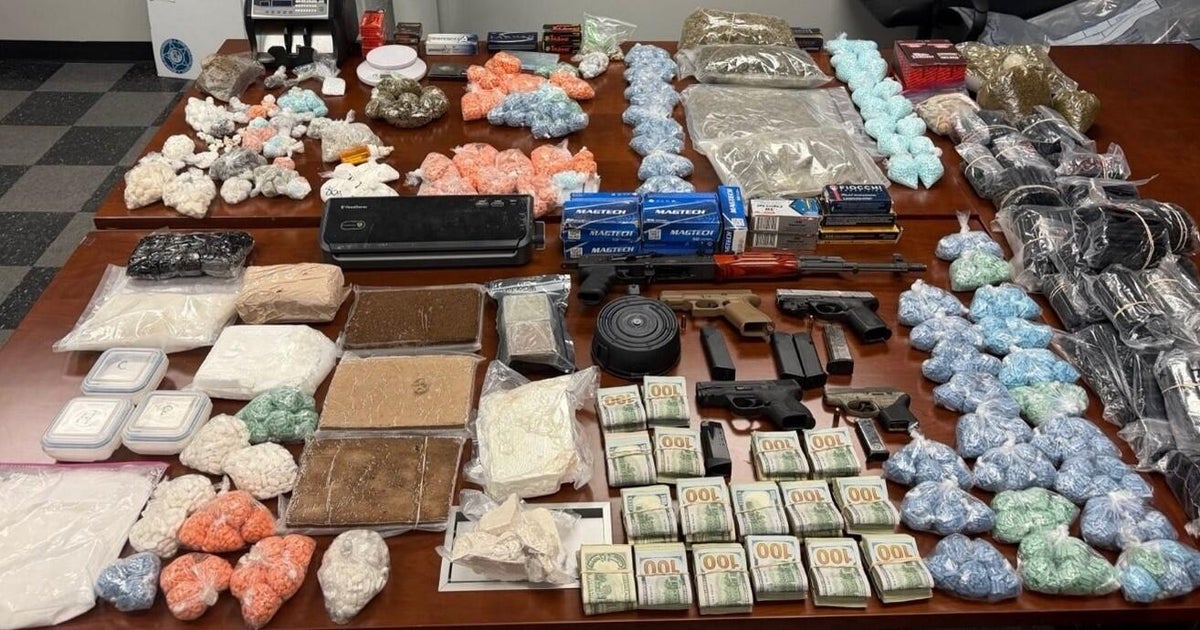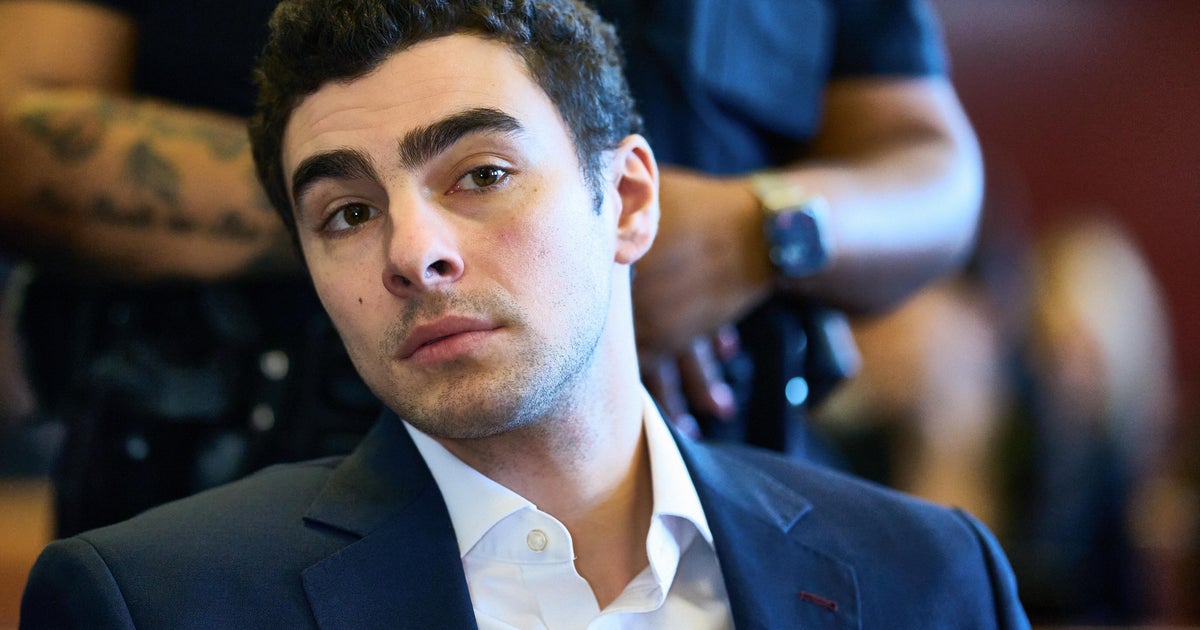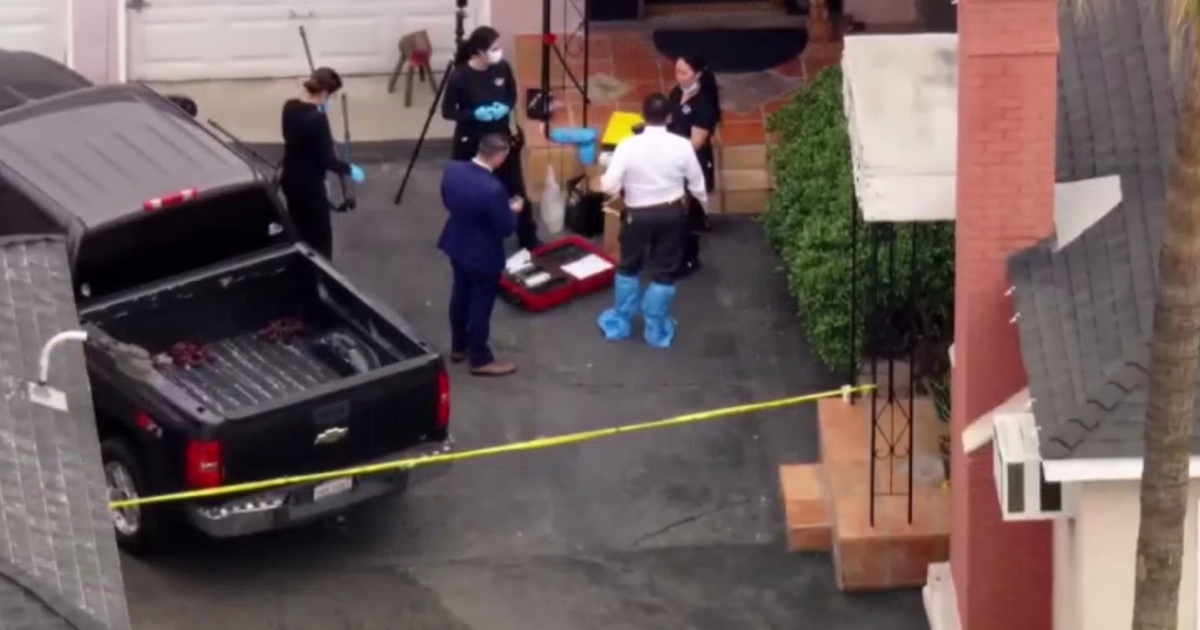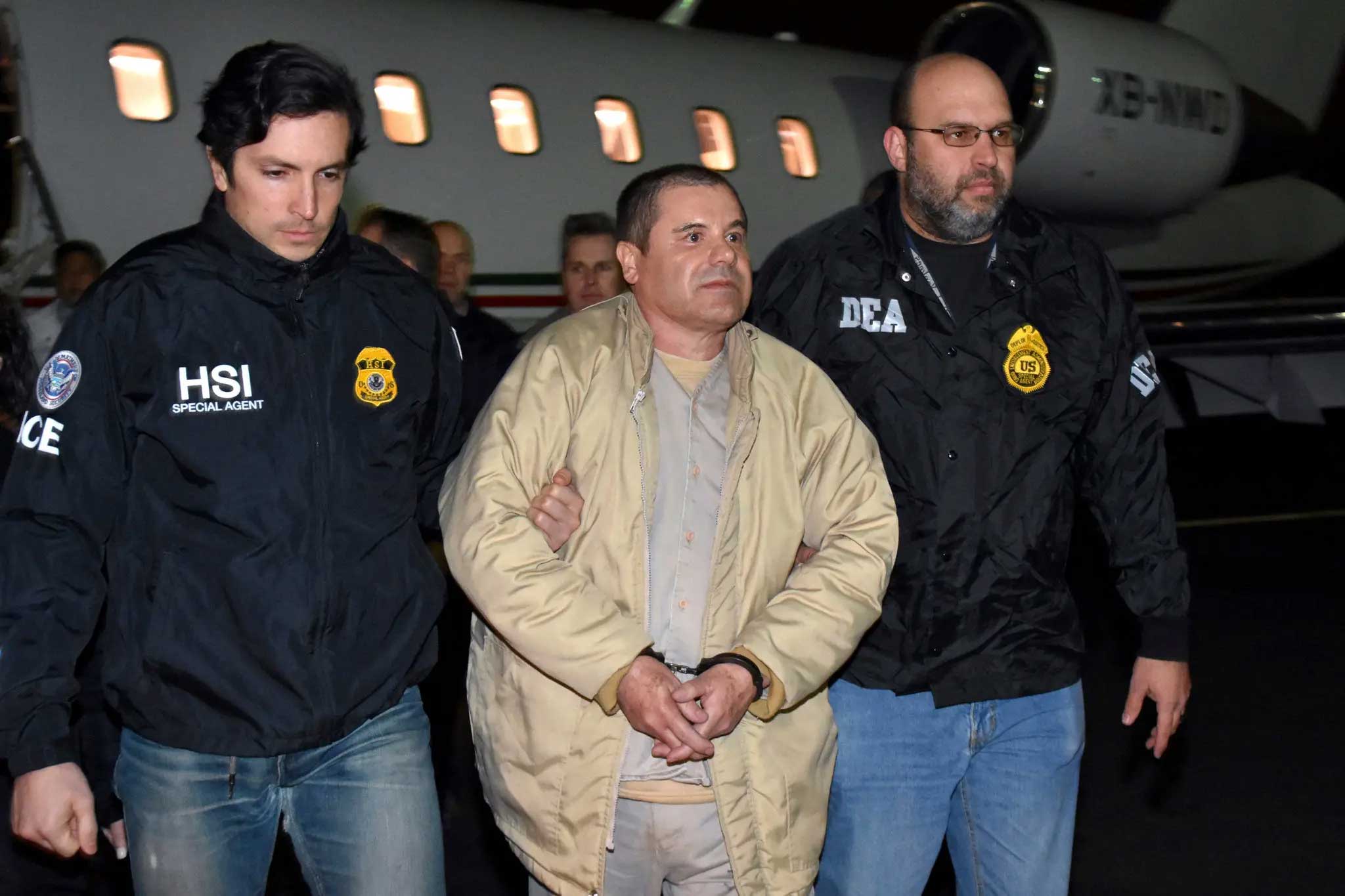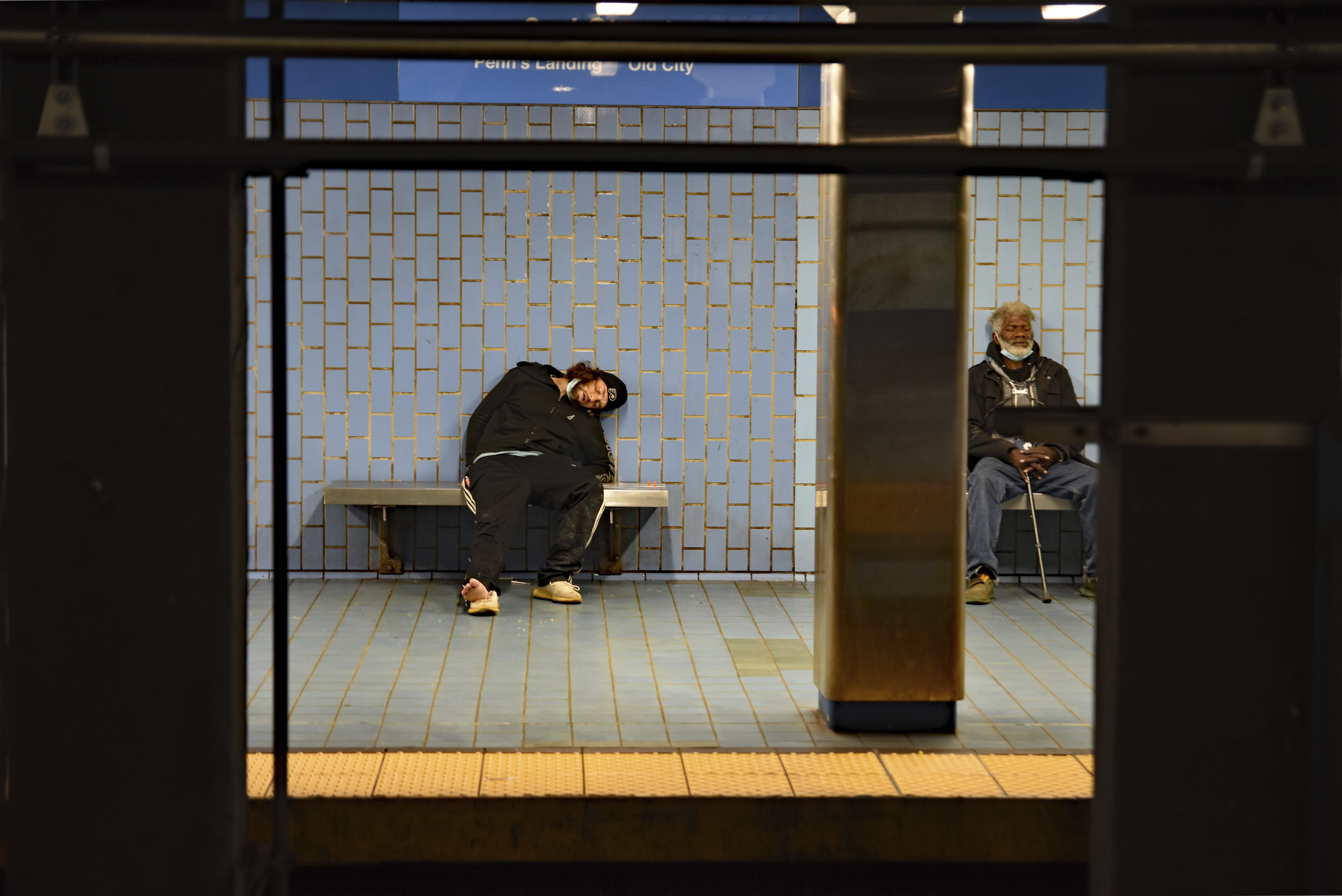Who is "El Chapo"? A look back at 60 Minutes reports
The story of notorious Mexican drug lord Joaquín "El Chapo" Guzmán has it all: dozens of murders; billions of dollars of drugs smuggled around the world; two prison escapes that made Guzmán into something of a folklore hero.
His nickname may mean "Shorty" in Spanish, but his reach was long. On Tuesday, jurors found Guzmán guilty on all 10 counts in his drug trafficking and murder trial at a federal court in New York City.
60 Minutes correspondent Bill Whitaker has been covering the almost-mythical criminal pedigree of the Mexican drug lord since he was captured in Mexico in 2014. Here are some of those reports.
2014: Public Enemy Number 1 is caught
When Mexican marines captured Guzmán in 2014, he had been on 13-year run from the law after escaping from a Mexican prison in 2001. He was the most wanted man in the world; his international drug cartel put him at the top of the list.
"Making billions of dollars, having a reach around the world in Asia, Australia, in Africa, in Europe; putting poison on the streets, not just in the United States, but all over the world," Derek Maltz told Whitaker in the video above. Maltz was in charge of the DEA's Special Operations Division tasked with finding Guzmán.
After years of independent searching, Mexican law enforcement had teamed up with several U.S. law enforcement agencies to track the drug lord. After streamlining their efforts, the group tracked Guzmán to a non-descript house in the midst of a middle-class Mexican neighborhood. But as soon as the Mexican marines arrived, Guzmán escaped down a tunnel underneath his bathtub.
Maltz feared the drug lord would continue evading arrest. "I never believed that he would ever be captured," he said.
But the Mexican marines were relentless. With the help of American law enforcement, they tracked Guzmán to a beachfront building in Mazatlán, where they finally captured him and arrested him.
"We did not ever anticipate that he'd be captured alive," said Jim Dinkins, who was head of Homeland Security Investigations and had pursued Guzmán for more than a decade. "We thought he'd fight to the death."
2015: "El Chapo" escapes from prison
Guzmán had already escaped from prison once. In 2015, he did it again.
Almost from the moment he was delivered to Altiplano Prison, a maximum security facility in Mexico, a construction crew from his Sinaloa cartel began digging a tunnel to free him. From almost a mile away, Guzmán's men dug down about three stories and then burrowed 4,921 feet straight toward Altiplano. The tunnel went under the prison wall and beneath the plumbing — and with remarkable accuracy, emerged straight into Guzmán's shower stall.
"It's very difficult to navigate underground," Dinkins said. "This tunnel, I believe, went from point A to point B with only minor deviations, if any. And that is an engineering marvel in and of itself."
DEA Chief Chuck Rosenberg told Whitaker how he thought it might be possible: corruption and bribes within Mexican law enforcement.
"I don't know specifically how high up they reach," Rosenberg said. "My sense is that they're both broad and deep, that they go throughout the Mexican government."
Joe DiMeglio, the chief of the San Diego Tunnel Task Force, told Whitaker that he wasn't sure Guzmán would ever be caught again.
2016: Recapturing "El Chapo"
But unlike the first time Guzmán escaped from prison, he became sloppy the second time around. After his daring breakout in 2015, the drug lord seemed to become almost delusional.
"He became drunk on his own wine," said Peter Vincent, a senior official and legal adviser of both the Justice Department and Homeland Security during the international manhunt for Guzmán. "He started to believe the hype that he was special, that he was almost a demigod, that he was something truly magical. And he became so incredibly arrogant that he thought he was untouchable."
He wasn't. Only 20 days after his escape, the Mexican marines had picked up on Guzmán's trail.
Intelligence tracked him to a house in the coastal town of Los Mochis in northern Sinaloa. Wiretap intercepts picked up on a visit planned by "grandma and aunt"—code names for Guzmán and his lieutenant. Then, "grandma" finally showed up. As an assault force moved into position, an armored truck left to go pick up food for a party.
"For an incredibly savvy, clever, almost a criminal genius that El Chapo Guzmán was, he ultimately was done in by very simple tastes: tacos, tequila, and chicas," Vincent said.
Guzmán was arrested again. Mexican federal police took him to a motel instead of jail — a move Vincent said indicates that Guzmán had likely threatened his captors. But the Mexican marines appeared and apprehended Guzmán for a last time, flying him to Mexico City for booking.
The trial began in November, and jurors deliberated for more than 30 hours over six days before reaching their verdict. Guzmán now faces life in a U.S. prison.
